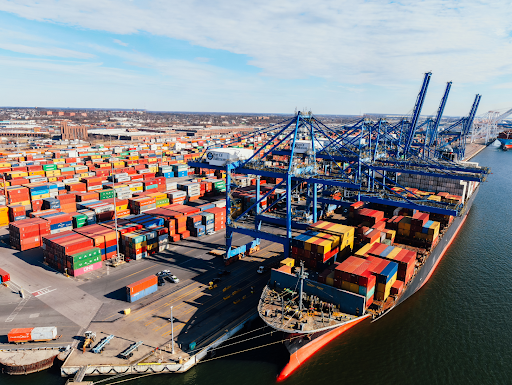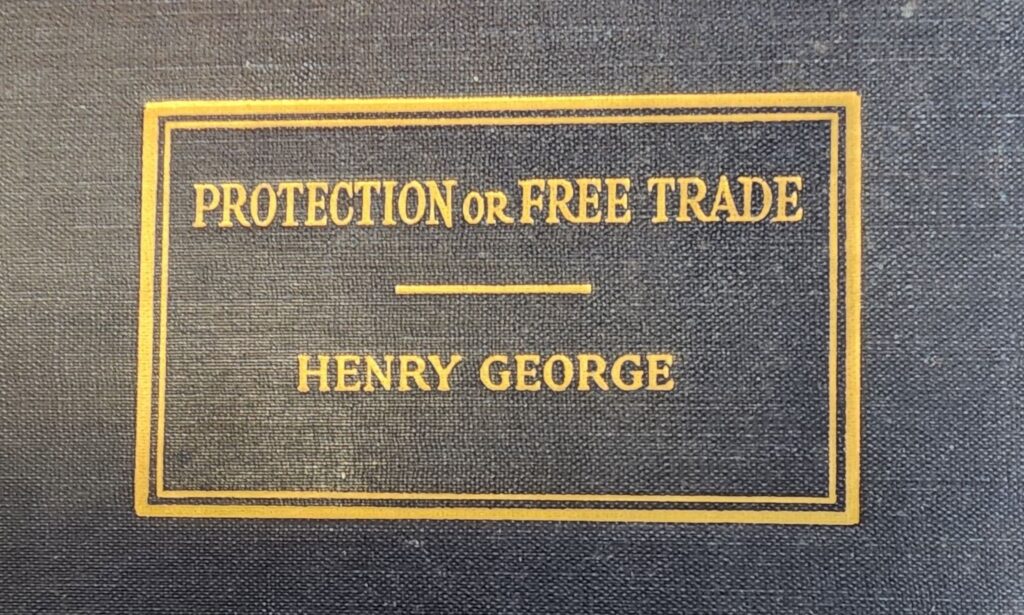In the United States, the machinery of government usually faces substantial inertia to any major change. Democrats and Republicans have long kept the core spending and revenue model from administration to administration, even as they changed some social and fiscal priorities. The last election, however, was different. While the overall deficit has remained largely unchanged, the dynamics of both revenue and spending have undergone major change in the past six months. But the Administration omits who is paying the tariff which is essentially a sales tax paid by the consumer on imports. It is a tax increase on Americans.

But at precisely the same time, it is increasing spending on both a foreign and domestic security apparatus. The increased budget for the Department of Homeland Security to expand ICE operations and build new detention facilities eats seventy five billion of dollars worth of that money, and the increased Pentagon budget consumes one hundred fifty billion more. The money charged to Americans for bringing foreign goods across our borders, in other words, will be mostly consumed by increasing the cost to close and ostensibly defend those borders.
These things are not unrelated. A country that closes itself off to the goods of the rest of the world, and particularly one that tears up its free trade agreements along the way, is one that will struggle to build positive-sum relations with states around the world. The tariffs on Canada and threats of annexation are directly related. The tariffs on the Global South and the bombing of Yemen––spending a billion dollars and killing hundreds of civilians in a few weeks, are not as obviously connected, but a common thread unites them: unilateralism and jingoism in war and in trade.
Henry George noted a cycle in his own day: tariffs are justified to pay for more security, and indeed for much of US history they maintained the Army and Navy. But the closing of trade and interaction between countries, by undermining the kinds of friendly ties that bring nations together and replacing them with competition and ‘trade war’ creates tension that justifies even more military spending. George noted that: “The spirit of protectionism, which is the real thing that it is sought to defend by steelplating, is that of national enmity and strife. The spirit of free trade is that of fraternity and peace.”

This was true during the high-tariff McKinley era that the current administration frequently waxes poetic about. The high tariffs of the Gilded Age paid for the steel battleships that smashed the Spanish navy and the expeditionary forces that subdued the Philippines, ushering in a new period of American overseas imperialism. Even before that, the very taxes that ultimately pushed the American colonies to independence, taxes like the Townshend Duties and tea tax, were themselves also tariffs levied to pay for the debts incurred by British expansionism in North America.
It’s uncertain where the tariff-funded military spending will end up this time around, but history suggests it won’t improve our peace or prosperity. The US has already bombed the Middle East more intensely (in Yemen) and broadly (expanding combat into Iran) than it has in years, and now has also approved the use of the military against alleged drug cartel vessels.

In the short term, tariffs may succeed in at least offsetting the cost of this kind of adventurism. Like in the classic prisoner’s dilemma, being willing to renege on promises and sell out friends can yield dividends. But in the long term the damage will be visible. Consumers will end up paying more for goods and have a lower selection to choose from. And firms will suffer, too. Already, one of our top manufacturing firms, Ford motor company, has been driven to operate at a loss due to tariffs. Science and technology, research and development, investment and business operations, all benefit from interconnectedness and stable trade relationships. Protection, on the other hand, can create only jobs via inefficiency, in the way, as George put it, that ‘rain that falls on the hay makes work for the farmer.’ In the end, both the US and its trading partners will be poorer than they otherwise would have been.
And for what? In effect, a major shift from trade and interaction focused industries to military and security ones, as tariffs on consumer goods go to funding guns and barbed wire. A theft, as Eisenhower put it, “from those who hunger and are not fed, those who are cold and are not clothed.”
